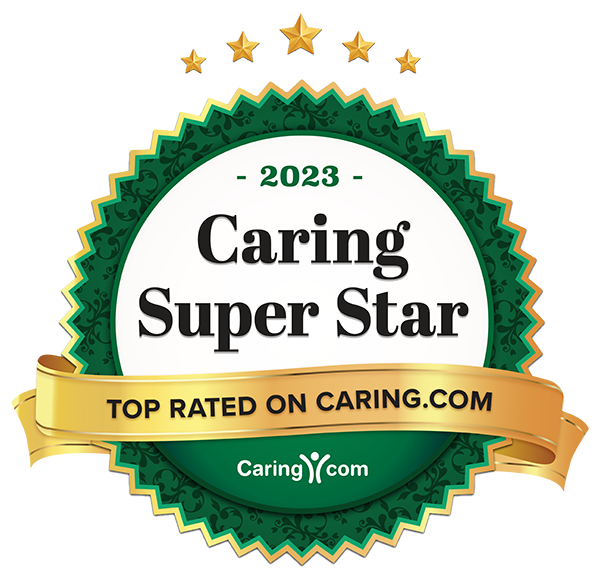The Signs That Mom or Dad Needs Help
The signs are subtle at first, but over time you may become more and more aware that something about your parents has changed. As our parents age, there comes a point where you can no longer ignore the signs that they need assistance to remain safe in their home.
- The refrigerator always seems to be empty or it contains spoiled food or there are expired food items in the pantry
- Unopened mail and unpaid bills are piling up on the desk
- The house is not clean
- Mom or Dad doesn’t appear to have had a shower in days or the clothes they are wearing are not clean
- Mom or Dad is wearing the same clothes as the last time you saw them or their clothes are inappropriate in terms of the weather
- Prescription medication is in disarray or not being taken
- The microwave has been broken for months
- Dead plants inside and out
- Unexplained or new dents in the car
- Unexplained bruises on the arms or legs
- Difficulty getting up from a seated position
- Holding on to furniture as they walk through the room
- Uncertainty or confusion when performing once-familiar tasks
- Repeating the same story, comment, or question as if saying it for the first time
- Late payment notices or bounced checks
- A strong smell of urine in the house
- Poor diet or weight loss
- Changes in mood or extreme mood swings
- Loss of interest in favorite hobbies or activities
Ready to find out more?
View Our Services
Get Help with Info & Pricing
Let's Get Started

Have a Plan in Place
There is nothing more important than having a plan in place if, and when, the time comes to get assistance for your aging parent. If you put these decisions off until there is a crisis, you often resort to hasty choices, scrambling for the first available home care agency that would have never made the list of potential options had you had the time to investigate thoroughly.
Start the Conversation Now
It’s never easy to start the conversation, but it is necessary. As individuals get older, they never admit that they need care. They worry about losing their independence and they are not keen on having “strangers” in their home. That is easy to understand. Making your parents part of the decision making process is key to making this a smooth transition. You need to understand what their goals are and discuss the options for attaining those goals while still maintaining their independence and safety.
How to Start the Conversation
Due to all the responsibilities and busy schedules adult children have, we try to address these important discussions as efficiently and directly as possible. But, if we don’t understand how to effectively have the conversation, our approach could backfire on us and delay the process of getting our parents to accept assistance.
Before you start the conversation, check out this book:
How to Say It to Seniors: Closing the Communication Gap with our Elders by David Solie, M.S., P.A.
David Solie is a geriatric psychology expert and he helps in understanding the unique perspectives of seniors and provides the tools to relate to them.


